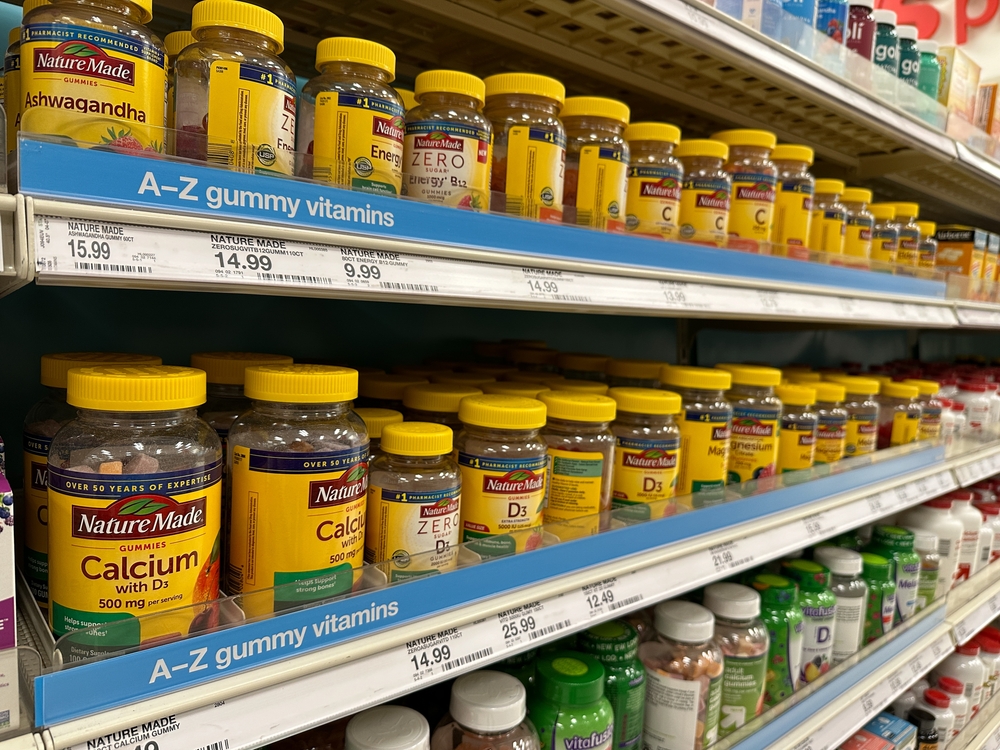Esteban Beas, a chef and restaurant brand creator in San Francisco, says he's doing the best he can right now to keep the orders coming.
He's the chef, but he's also lending a hand in front.
"The biggest issue is finding skilled workers," he said. "There are a lot of people who want to work but that don't have the skill level or experience — front of the house especially."
Beas is far from alone. According to the trade group representing restaurants nationwide, 3 in 4 operators rank recruitment and retention as their toughest challenge.
"I used to have a network of people, five or 10 people I could call at any time. 'I'm opening a new place, need a job?' And now, that network is pretty much gone," Beas said.
At last count, there were more than 1.7 million job openings in the accommodation and food services industry. That's nearly the double the number two years ago, before the pandemic hit.
"COVID shut down the city for a year," Beas said. "And a lot of the people who worked here have moved away. There's been a mass exodus of people who can't afford to live here anymore. And a lot of those people are service people."
Nationwide, in September, 1 million people in the accommodation and food services industry quit their jobs.
Restaurant owners say they're having to offer higher wages. Some help-wanted ads online that Newsy reviewed are touting "no experience required" and higher wages than restaurant workers typically get, considering they also earn tips.
Some restaurants are turning to technology. In Grand Haven, Michigan, a robot is employed to help bus tables.
"After the bussers saw, 'Hey I don't have to walk constantly back and forth' and we're getting to our tables and we're setting them quicker. We noticed right away in our first weekend that, 'Hey this is actually going to save us some time — hopefully get more people at our tables,'" Paisley Pig restaurant owner Josh Sandberg said.
Add supply chain issues and the rising prices of ingredients to the mix. In Ohio, for example — where 3,000 restaurants closed during the pandemic — 95% of owners surveyed said they've experienced significant supply delays or shortages of key food items.
"There are so many things that we can't get in," Mallorca restaurant owner Laurie Torres said. "So many things that we could get before that we can get but the price has gone up, the price for meat, the price for seafood, paper products."











